Queen’s Speech 2015: Everything we know so far including the EU referendum, devolution, Human Rights Act, income tax, housing and Scotland

The Queen's Speech will unveil the Conservative government's policy agenda on Wednesday and having shed its coalition partner at the General Election, some pretty major shifts in policy are expected.
Here are some of the top pledges expected to feature in the state opening of parliament tomorrow.
EU referendum bill
Having committed to holding an EU referendum before the end of 2017, the subject will definitely be included in the Queen's Speech.
Cameron will have to publish a parliamentary bill to pave the way for the referendum to take place, and this is expected to be unveiled tomorrow.

European Union flags flying outside the European Commission building (Photo: Getty Images)
City devolution bill
Chancellor George Osborne used his first post-election speech to outline his plans to devolve more powers to English cities, with Greater Manchester becoming the blueprint for others.
It forms part of the party's pledge to create a Northern Powerhouse, and is likely to see cities gain more powers in areas such as housing, transport, planning and policing.
The Queen is expected to further commit to this policy, although no surprises are expected.

The Queen Mary on the River Mersey in Liverpool (Photo: Getty Images)
Human Rights Act repeal bill
The government has pledged to abolish the Human Rights Act in favour of a new British Bill of Rights.
In the Tory manifesto, the party outlines: "This will break the formal link between British courts and the European Court of Human Rights, and make our own Supreme Court the ultimate arbiter of human rights matters in the UK."
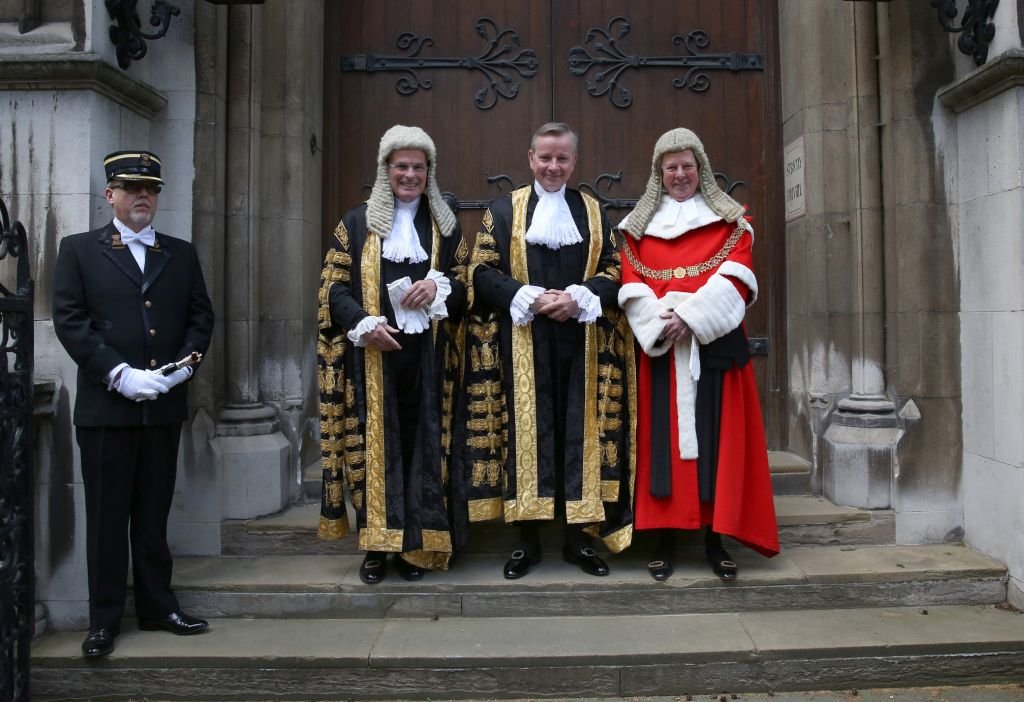
Michael Gove arrives at the Royal Courts of Justice to be sworn in as Lord Chancellor (Photo: Getty Images)
Income tax bill
During the election campaign, Cameron promised that there would be no rise in income tax, VAT or national insurance before 2020. Saying that workers already paid enough tax, Cameron promised to enshrine this in law.
Writing in the Telegraph about his first 100 days in office, he said: "It is a permanent measure to re-write not just the laws of this country but the values of this country. And it will be there as the centrepiece of the first Queen's Speech of my new government."
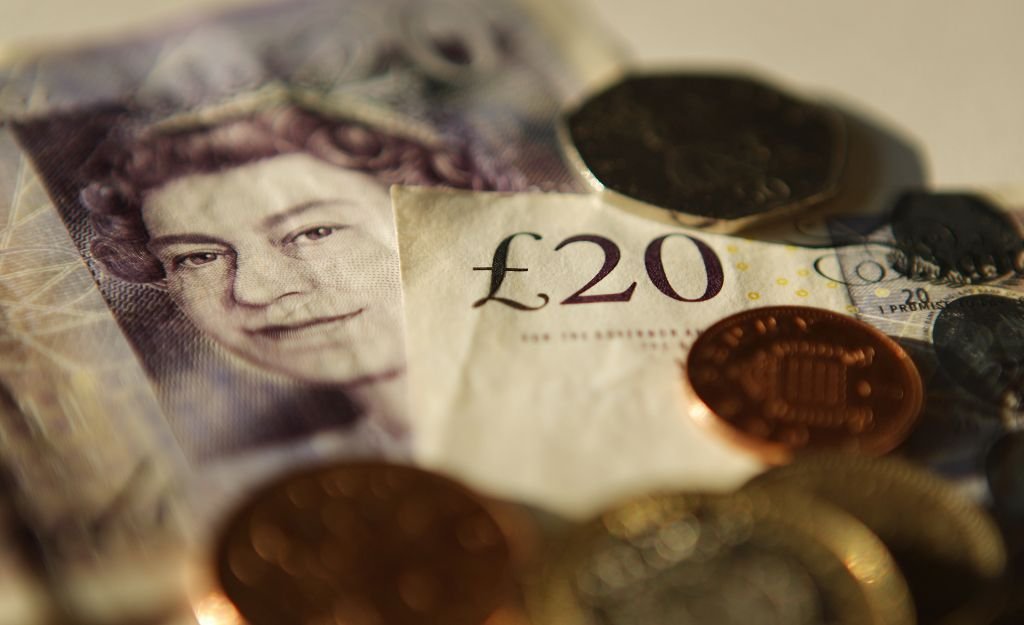
Sterling notes and coins displayed together (Photo: Getty Images)
Immigration bill
Immigration dominated General Election campaigns and, with Ukip posing a threat to the Conservative party, it is certain to feature in the Queen's Speech.
The government has already promised a crackdown on illegal immigration, and has set out new offences to try to control and reduce migration. These include giving police the power to seize the wages paid to illegal workers as the "proceeds of crime".
Other proposals may include new powers for councils to deal with unscrupulous landlords and to evict illegal migrants more quickly, fitting foreign criminals awaiting deportation with satellite tracking tags and forming a new offence for businesses and recruitment agencies to hire abroad without first advertising in the UK.
Housing bill
Housing formed a significant part of the election debate, and so it is likely to form part of the Queen's Speech. It is widely expected that Cameron will use the Queen's Speech to revive the right-to-buy scheme, unveiling plans to help more than one million people buy their first homes.
In the election, the Tories pledged to give about 800,000 housing association tenants the right to buy their homes – with the same reductions as for those in local authority homes. They would also extend the scheme to those who currently have no purchase rights at all, estimated to be about 500,000 people.
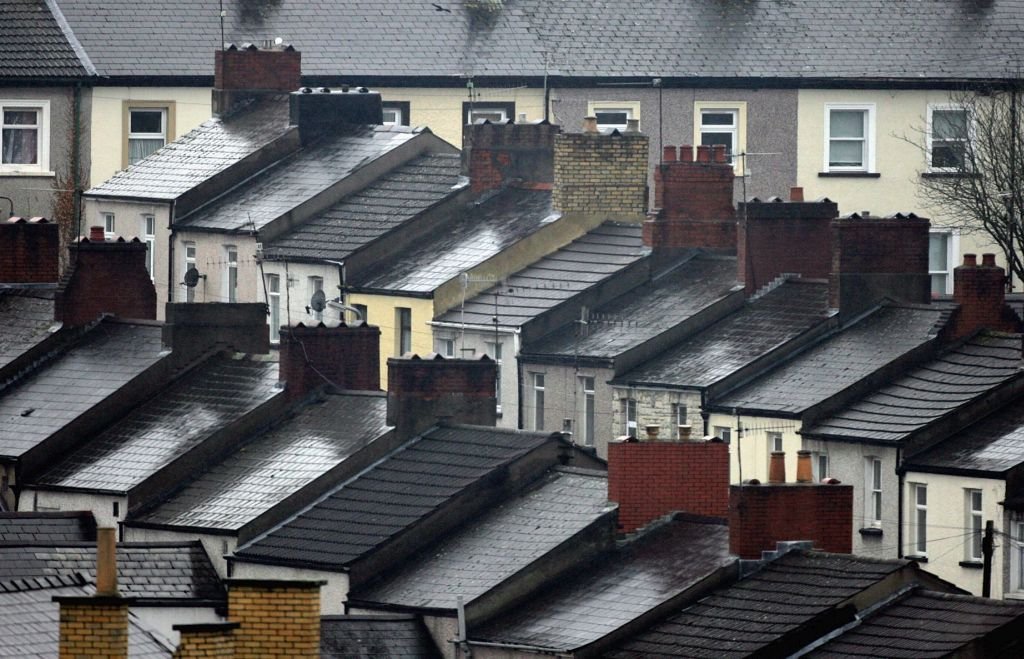
Rooftops of houses in residential streets in Newport, Wales (Photo: Getty Images)
Scotland bill
With the SNP winning 56 seats in Parliament, Scotland has zoomed up the agenda.
The Prime Minister has pledged to include a bill, based on the cross-party Smith Commission agreement, that will give Holyrood powers to set income tax rates and control over a share of VAT and some welfare rates.
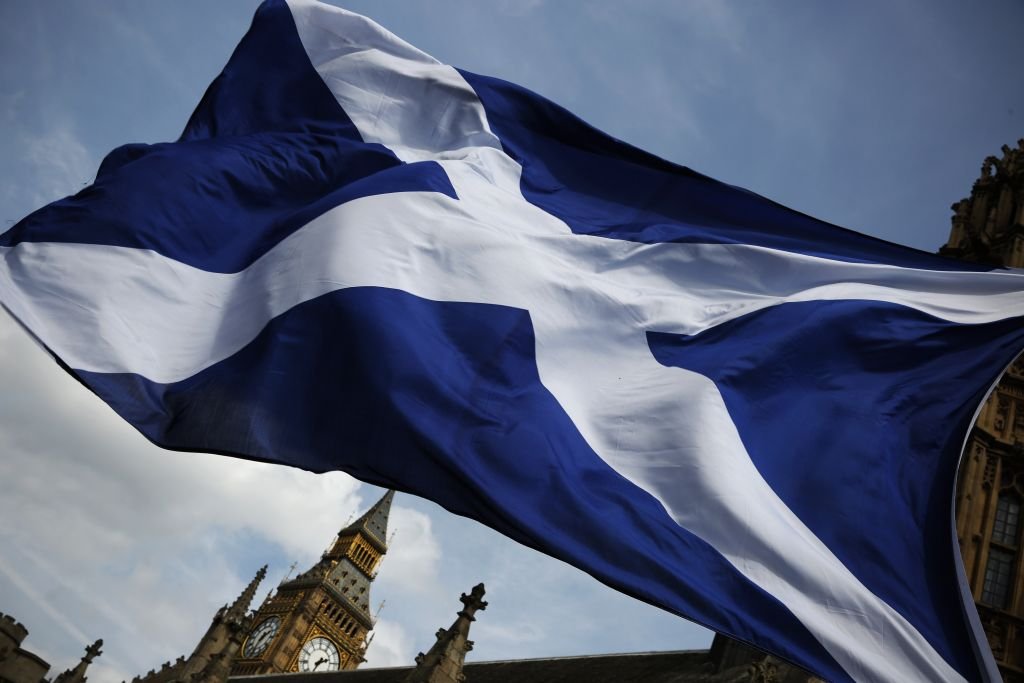
A member of public flies a Scottish Saltire flag outside the Houses of Parliament (Photo: Getty Images)
Employment bill
Following the Tories' campaign claim that the UK should aspire to "full employment", employment is another key area to watch for tomorrow.
A push to create two million more jobs and three million more apprenticeships over the course of the Parliament – funded by reducing the benefit cap from £26,000 to £23,000 – are among the pledges expected.
 Boris Johnson and Angie Bray get a lesson in bricklaying from a college student (Photo: Getty Images)
Boris Johnson and Angie Bray get a lesson in bricklaying from a college student (Photo: Getty Images)
Strike laws reform
Sajid Javid, the new business secretary, has said the government will prioritise reforming strike laws, and promised "more detail" in the Queen's Speech.
Her Majesty is expected to outline a ban on strike action if less than 40 per cent of all eligible union members vote in favour of industrial action, and to lift a ban on the use of agency staff when strike action takes places.
NHS bill
Cameron pledged a boost to NHS funding of at least £8bn a year by 2020. The government promised to create a seven-day NHS and 5,000 new GPs.
The Prime Minister used his first major post-election speech to focus on plans for the NHS England, and his government's plans are likely to be drawn out in the Queen's Speech.
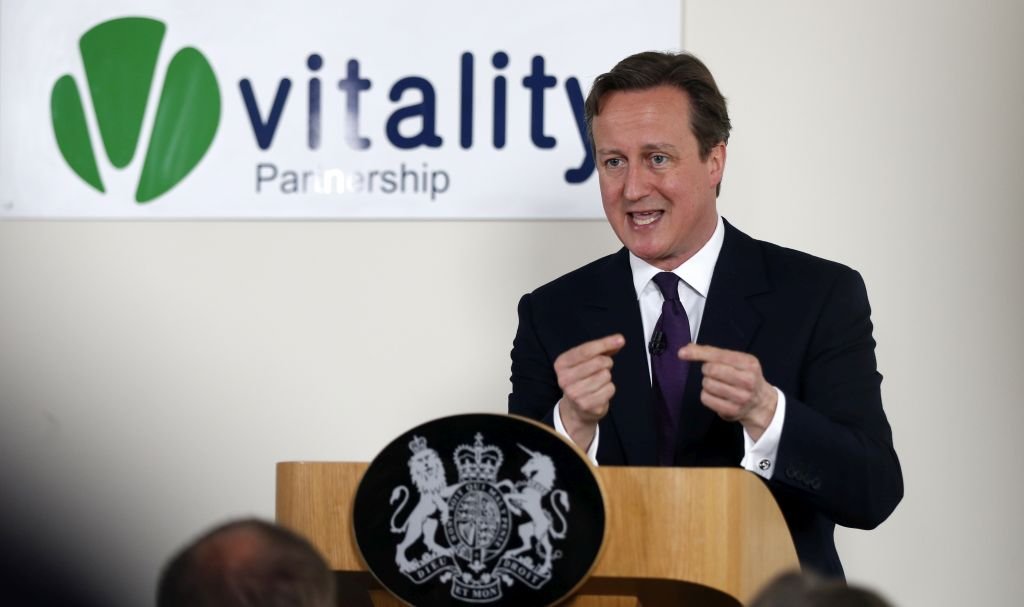
David Cameron delivers a keynote speech after the election, renewing his vow to boost NHS funding and a seven-day service (Photo: Getty Images)
Communications and Data bill
Now that Cameron no longer needs the Liberal Democrats' support to push through the so-called "snoopers' charter", plans to extend surveillance over new forms of communication are likely to be outlined.